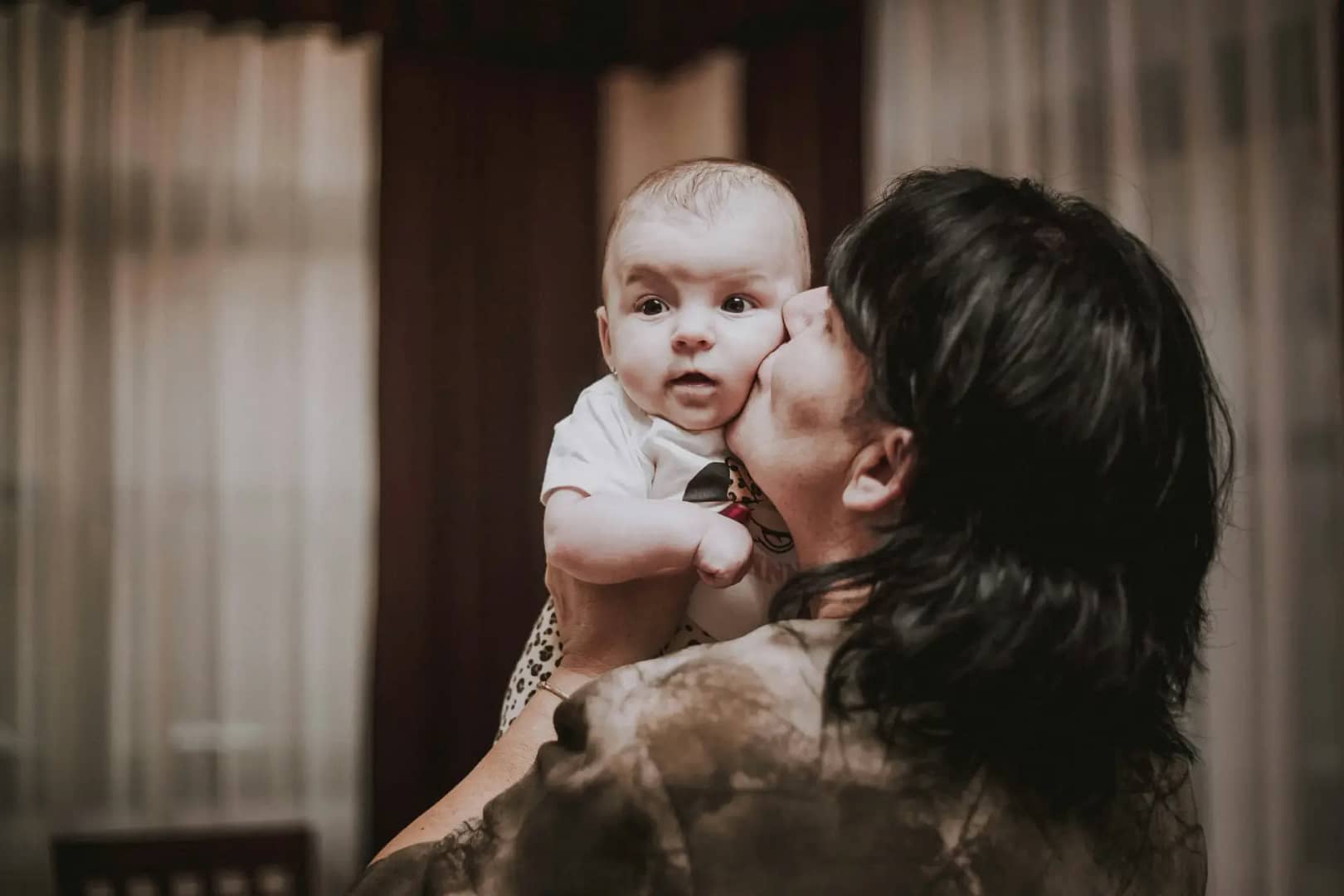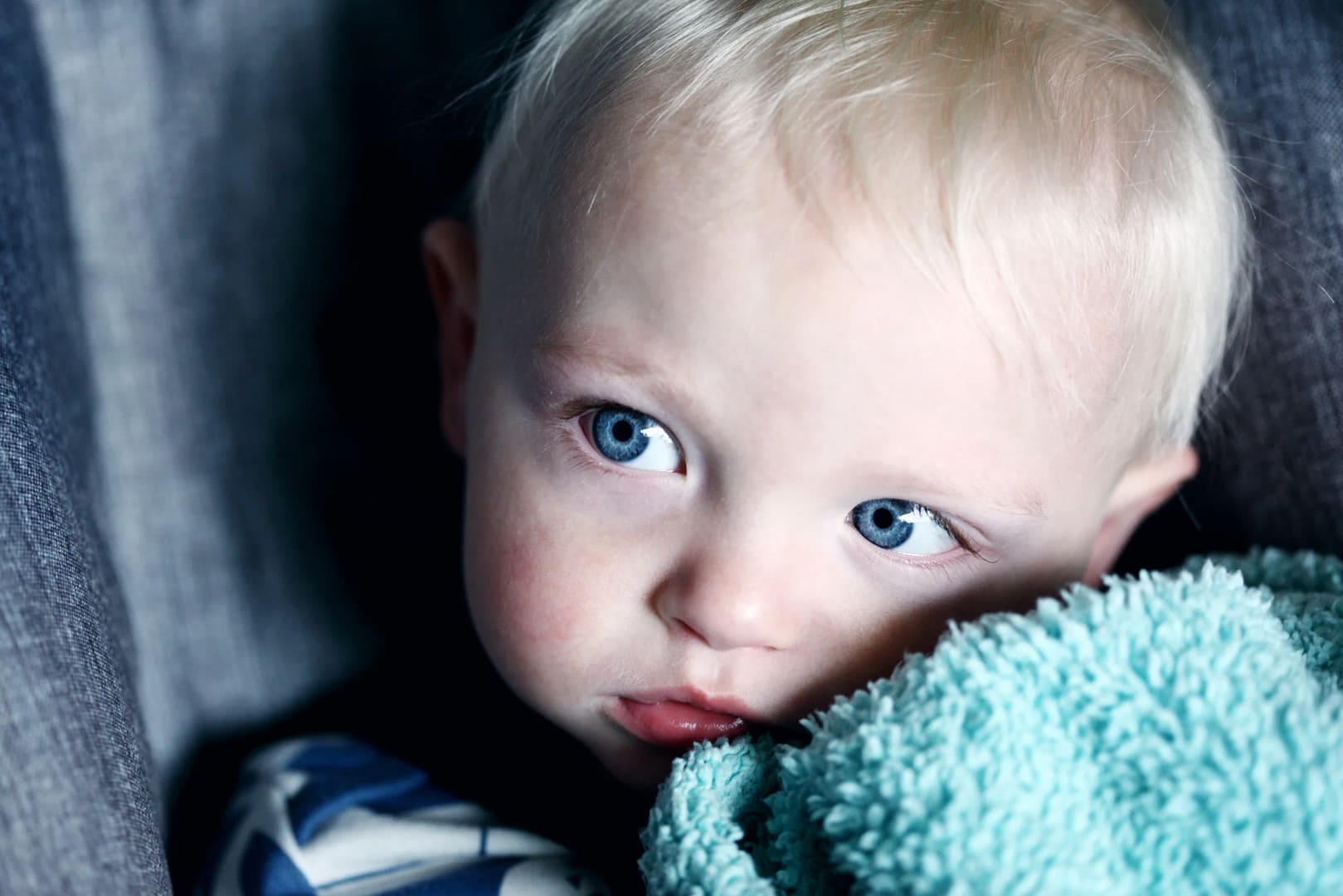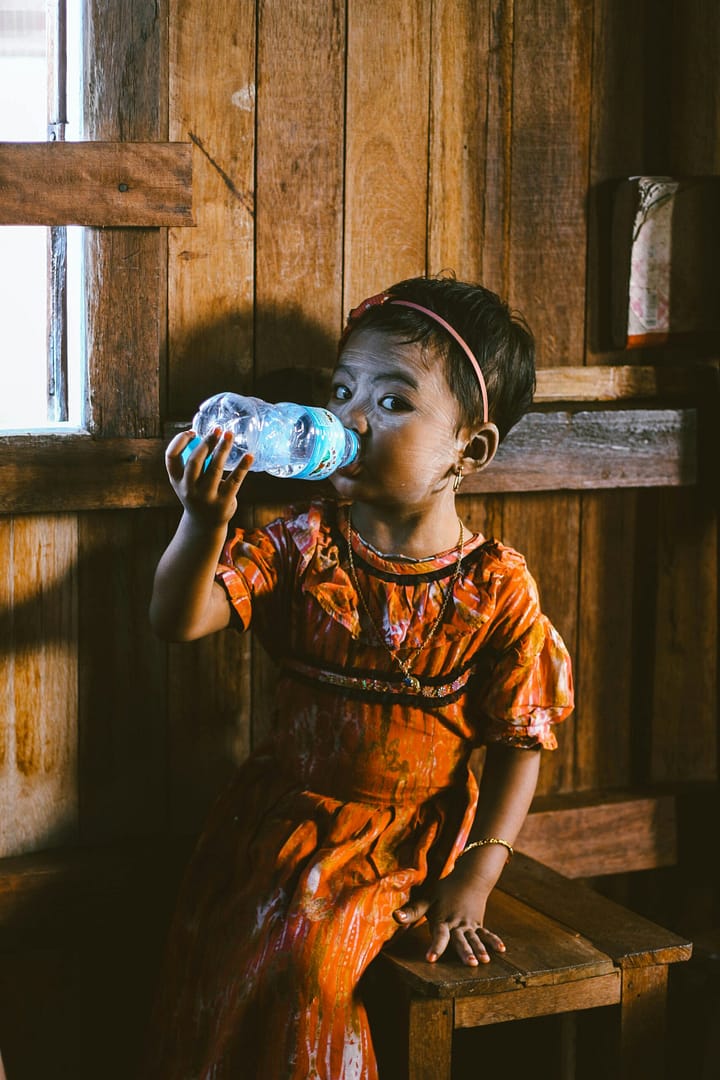After every delivery, each mother is worried about their breast milk. Every time it is a very new situation for us. Because every pregnancy is different. Your second delivery postpartum health may not be the same as when you delivered your first baby. Your second pregnancy symptoms may not be the same as your first pregnancy. Your breast milk supply may not be the same as before. We get worried and we have so many questions on our minds like, Are we getting enough breastmilk? Is my baby sucking breast milk properly?. Is he getting enough milk? How can I measure the quantity of breast milk that my baby takes at every feed? Should I avoid certain foods? Should I add more protein to my diet to increase my breast milk supply? Can I eat all types of junk foods and packaged food? Can I have coffee and alcohol? etc, etc. In this article, you will find all the answers to these questions regarding breastfeeding according to my personal experience. And also learn more about breastfeeding by clicking these links:-
- All about breastfeeding.
- Problems with breastfeeding.
- How to stop breastfeeding or weaning?
- Problems after stopping breastfeeding.
- Fasting in Ramzan while breastfeeding.
- Difference between breastmilk and formula milk.
Before getting deep into this topic, let me give you the good news that whatever you eat may or may not affect your baby’s health because only a small amount of food that you eat goes into your breast milk. There are only certain foods that can adversely affect your baby’s health and sleep. So you can just limit the quantity of intake of those foods. No need to completely avoid it.
What is breastmilk made up of?
This is a myth that whatever the food you eat is the only source of nutrition for your baby through breastmilk. We think that breastmilk is made up of the food that a mother eats, and hence the baby also gets nutrition and vitamins only from the mother’s food. Breastmilk is made up of 87% water, and the other 13% contains carbohydrates, proteins, fats, lipids, antibodies, amino acids, stem cells, enzymes, white blood cells, prebiotics, vitamins, minerals, hormones, and growth factors, all in small quantities. These all are already present in your breastmilk all the time. These are very essential to provide all the required nutrients to help your baby develop healthily. Only a small part of your breastmilk contains the digested food that you eat.
Will the food that we eat go directly into the breast milk?
Since only a small amount of food that you eat gets into your baby’s tummy through breastmilk, you shouldn’t worry at all about the food that you eat. Or you don’t need to follow a strict diet or a routine food chart. You can enjoy whatever you want. The food that you eat first gets digested into your stomach and gets into your bloodstream. From your blood, a small amount of the food substance will go into the breast milk. If you want that small amount of food substance entering your breast milk to be very healthy, then you have to eat a healthy diet. A healthy diet contains all types of green vegetables, all types of fiber-rich fruits including pineapple and papaya that you were not allowed to eat in pregnancy, and protein-rich foods like mutton, kheema, chicken, eggs, milk, and fish. Of course, you can have all types of junk food too, but in a limited quantity.
Another important point to be noted is that all the medicines or drugs that a mother takes will go directly into her breast milk and hence to the baby. Thatswhy pregnant and breastfeeding mothers are given only certain types of drugs that are low in mg and don’t contain any substances that are harmful to the baby. Even the cold and cough medicine that a breastfeeding mother takes is different from normal cold and cough medicines. Mothers cannot take too many antibiotics or painkillers. If you need them, they are given in very low quantities by your gynecologist. It is very important to ask your doctor before taking any type of medicine in pregnancy and while breastfeeding your baby.
Can a breastfeeding mother eat Junk food?
I have heard many elders telling breastfeeding mothers not to eat ice cream or soft drinks as it can cause a cold and cough in their baby. They also tell you to avoid dairy ite ms as they can cause gas in babies. You are not allowed to eat junk food or any outside food too as they think it is unhealthy for both you and your baby. All these are not at all true. I am telling this based on my own experience. I used to have ice creams, soft drinks, chips, eggs, junk food, and all types of outside food. And my baby didn’t ever get a cold, cough, gas, or fever after I ate certain foods. Though you can eat junk food, It’s always better to eat a healthy diet even when you are not pregnant, breastfeeding, or sick. A healthy diet keeps you healthy and energetic all the time. A healthy diet in the pregnancy and breastfeeding phases will benefit your baby too in terms of healthy growth. You can have junk food once in a while. But remember quantity is the key. The quantity of your healthy diet should be more and the quantity of your junk food should be less.
What foods boost your breastmilk supply?
Before discussing foods, you have to know that to boost your breastmilk supply, you have to drink more water and breastfeed your baby every hour. The more your baby sucks or drinks milk, the more milk is produced. Since breastmilk contains 87 percent water, you have to drink more water to keep you hydrated as your body is taking up the water to make breastmilk.
For a non-vegetarian mother, there are a variety of foods to explore:-
- Well-cooked Mutton.
- Mutton kheema.
- Mutton or chicken soup.
- Well-cooked chicken.
- Eggs.
- Fish.
- Shrimps.
- Crab.
- Camel meat.
- Beef.
- Salmon.
For a Vegetarian mother, there are a variety of vegan foods to explore too, and trust me these are no less than non-veg foods.
- Oats.
- Barley.
- Fennel seeds.
- Garlic.
- Green leafy vegetables.
- Milk.
- Paneer.
- Chia seeds.
- Sesame seeds.
- Flaxseeds.
- Almonds.
- Chickpeas.
- Brown rice.
- Lentils.
- Brewer’s yeast.
- Ginger.
- Sprouts.
- Yogurt or curd.
According to my personal experience, my breastmilk supply was boosted every time I ate kheema, mutton soup, mutton liver and kidney, eggs, curd, and lentils like tuvvar dal and masoor dal.
What foods to avoid during breastfeeding?
- Alcohol. You can take it once in a while in a very limited quantity and one to two hours before you breastfeed your baby.
- High mercury fish.
- Caffeine. You can have only one cup of coffee every day.
- Energy drinks.
- Diary products if your baby is allergic to them.
- Sodas.
- Spoiled food.
- Too much junk food.
How much should you eat when you are breastfeeding?
You may have heard your elders say to eat for two people during your pregnancy and breastfeeding phase. This is also not true. You should not double your food intake when you are pregnant or breastfeeding. A pregnant mother doesn’t need to increase her food intake before 3 months of pregnancy. You will need only 400 to 500 more extra calories in the pregnancy and breastfeeding phase to restore the lost calories as your baby and your breastmilk take the calories from your body. If you are already overweight, then you will need only 100 to 200 more calories or you can ask your doctor about the diet chart or your calorie intake during pregnancy and breastfeeding.
How do you know if your baby is getting enough breast milk?
Since we cannot see breastmilk or measure the exact quantity our baby is drinking, we will always be in doubt if our baby is really drinking any milk or just sucking. To know if you’re getting enough breastmilk, you can follow these steps:-
- Every time you breastfeed your baby, pump some milk out with a hand or pumper to know if the milk is coming or not.
- Make sure your baby drinks milk for at least 10 to 15 minutes on one breast.
- After every 15 minutes switch to another breast. This is not possible for all mothers because I have seen many babies who drink milk only for 5 to 10 minutes and sleep. Once they wake up give them the same breast that you gave before to drink milk for another 10 minutes. This is very important because there are 2 types of breastmilk in our breasts. One is Foremilk and it comes first when your baby starts to suck. This milk contains only water and some nutrients. After foremilk comes the hindmilk. This contains fats, proteins, and carbohydrates necessary for your baby’s development. If there is an imbalance between foremilk and hindmilk or if your baby is not getting enough hindmilk, he will start getting green watery or green semi-solid stools 3 to 4 times a day.
- If your baby’s tummy is not full, he may ask for milk very frequently.
- Fully breast-fed babies sleep peacefully after drinking milk.
- After one to 2 hours of breastfeeding, your breasts may feed a little heavy or full again. This means that your body is making more milk and it’s time to breastfeed your baby again.
- If your baby passes urine frequently and does potty every day, it means he is getting enough milk. Some exclusively breastfed babies may not do potty for 5 to 6 days. This is completely normal as breastmilk gets digested very easily in your baby’s stomach.
- Breastfeed your baby frequently or pump your breastmilk frequently. This will help you in producing more milk.
Discover more from supermomsclub
Subscribe to get the latest posts sent to your email.




